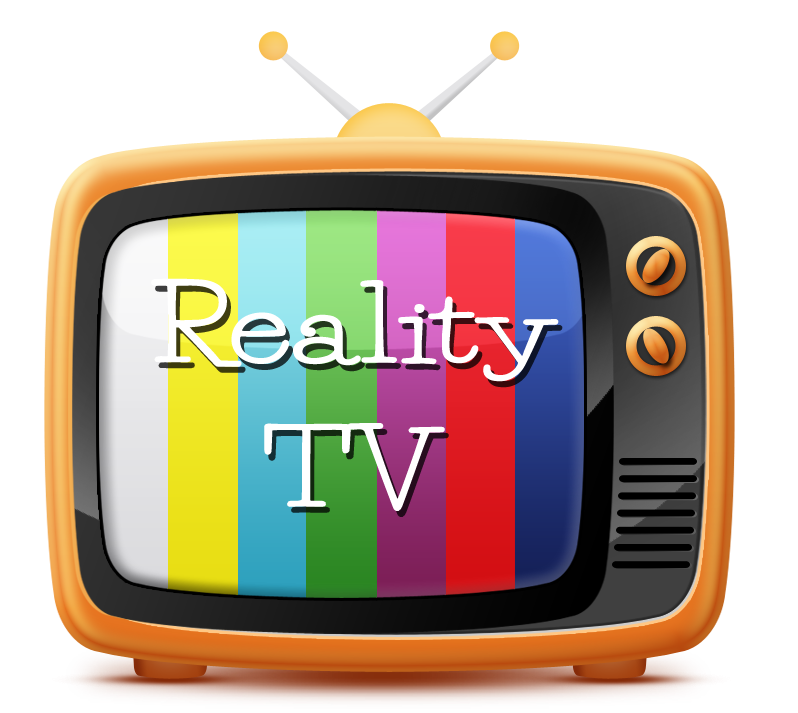News Blast Hub
Stay updated with the latest news and insights.
Reality TV: The Guilty Pleasure We Can't Quit
Dive into the wild world of reality TV—the guilty pleasure that keeps us coming back for more chaos, drama, and unforgettable moments!
The Psychology Behind Our Obsession with Reality TV
The phenomenon of reality television has captured the attention of millions, prompting many to analyze the psychology behind our obsession with reality TV. One key factor is the concept of social comparison theory, which suggests that people determine their own social and personal worth based on how they stack up against others. Viewers often find themselves engrossed in the lives of reality stars, relishing the opportunity to gauge their own experiences against those portrayed on-screen. This can elicit feelings of schadenfreude, as audiences derive satisfaction from witnessing the challenges and failures of others, ultimately reinforcing their own sense of self-worth.
Additionally, the allure of reality TV lies in its ability to create a sense of connection and community among viewers. As fans engage through social media platforms to discuss their favorite shows and characters, they cultivate a shared experience that fosters camaraderie. This obsession with reality TV also caters to our innate desire for escapism; it allows us to momentarily step away from our own lives and immerse ourselves in the dramatic narratives presented on-screen. By navigating the intricate relationships and conflicts of reality TV, viewers experience a cathartic release, making it a captivating form of entertainment that resonates on a psychological level.

Top 10 Reality TV Shows That Defined the Last Decade
The last decade has seen reality TV evolve into a dominant force in entertainment, shaping pop culture and influencing trends. Shows like Keeping Up with the Kardashians not only revolutionized the reality genre but also set the stage for social media influencers. From competition-based series like RuPaul's Drag Race to the more inspirational formats such as The Great British Bake Off, audiences have been drawn to the authentic, unscripted drama that reality television offers. Here's a closer look at the top 10 reality TV shows that defined the last decade:
- Keeping Up with the Kardashians
- RuPaul's Drag Race
- The Great British Bake Off
- The Bachelor
- Survivor
- The Real Housewives Franchise
- Love Island
- MasterChef
- Queer Eye
- American Ninja Warrior
These shows have not only garnered massive viewership but have also sparked conversations about identity, relationships, and societal expectations, proving that reality TV can have a profound impact beyond entertainment.
Why Do We Love to Hate Reality TV?
The phenomenon of reality TV has captured audiences worldwide, leading many to wonder, why do we love to hate reality TV? One reason could be the guilty pleasure it provides. Viewers find themselves enthralled by the dramatic antics and outrageous behavior of contestants. It creates a complex relationship where fans feel a sense of superiority, critiquing the decisions and lifestyles of the reality stars while being completely drawn into the chaos. This schadenfreude effect allows us to enjoy the misfortunes of others from the comfort of our living rooms, making it both entertaining and somewhat socially acceptable to indulge in disdain.
Moreover, reality TV often presents a distorted mirror of societal norms and expectations, prompting viewers to engage in conversations about morality, ethics, and authenticity. This duality feeds into our collective fascination: we are repulsed yet intrigued, leading to a unique dynamic of love and hate. As we tune in, we participate in a cultural phenomenon that reflects our values and challenges our perceptions. Ultimately, the love-hate relationship with reality TV speaks to a deeper need for escapism, allowing us to explore the extremes of human behavior while critiquing the medium itself.